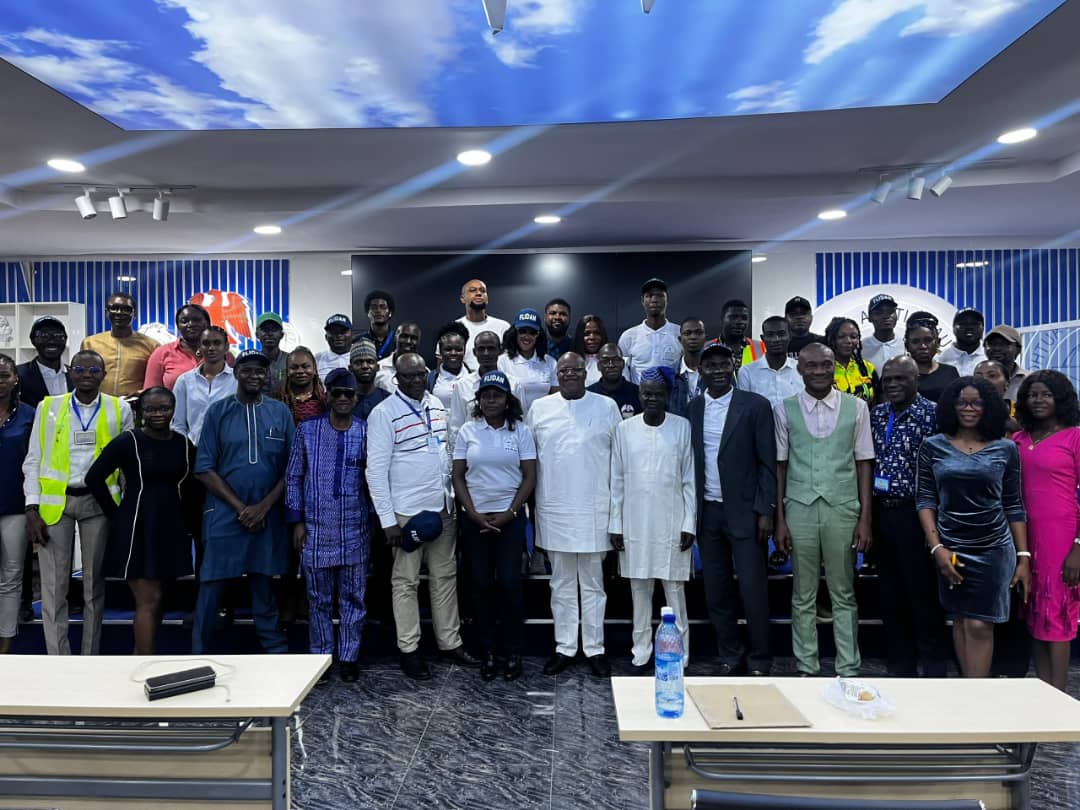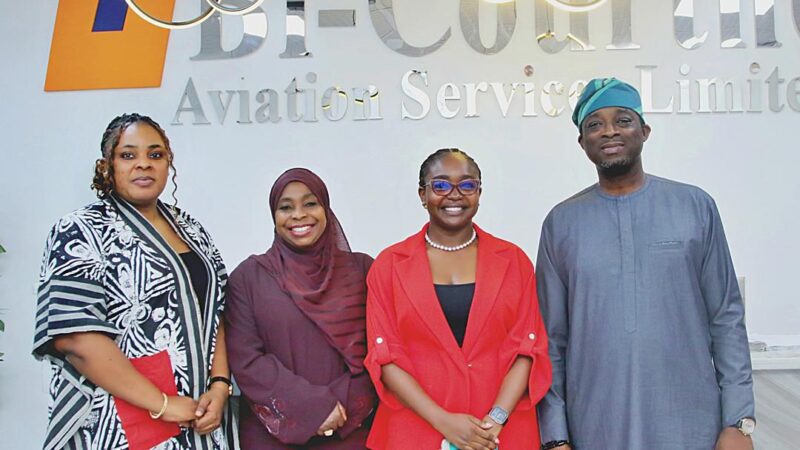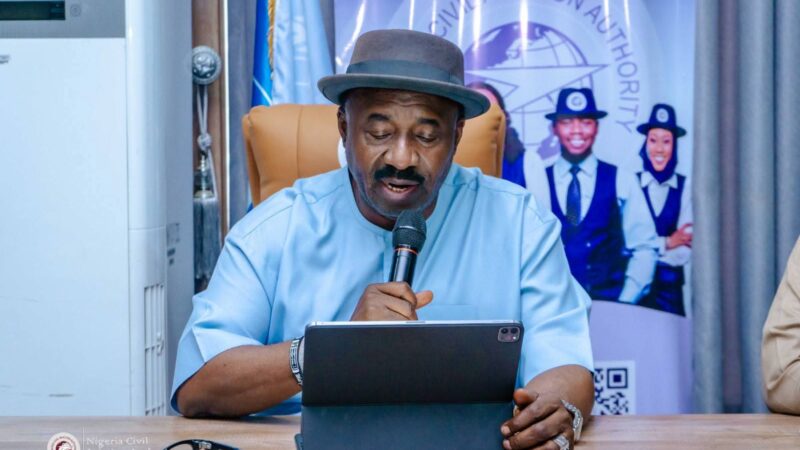Flight Dispatchers Urge Authorities to Address Disparities in Licensing, Salaries, Working Conditions

The Flight Dispatchers Association of Nigeria (FLIDAN) has called for urgent reforms to address disparities in licensing, salaries, and working conditions, which they claim undermine the critical role of flight dispatchers in ensuring aviation safety.
Speaking at the FLIDAN Annual Conference held in Lagos, themed “Flight Dispatchers: The Ground Crew Behind Safe and Successful Flights,” the association’s president, Mr. Daniel Ayuba, decried the neglect of flight dispatchers’ welfare and professional recognition.
“Flight dispatchers are the unseen pilots, commanding operations from the ground to ensure safety in the skies. Yet, we are overworked, undervalued, and underpaid. This cannot continue,” Ayuba said.
He called for the reinstatement of type-ratings on dispatchers’ licences to enhance accountability and safety, the introduction of mandatory logbooks for dispatchers, and the establishment of policies to ensure consistent job placements and on-the-job training opportunities for new graduates.
Ayuba highlighted a recent tragedy where a flight dispatcher collapsed and died on the tarmac due to overwork and poor conditions. “How many more must suffer before change is effected?” he asked.
Ayuba expressed concern over the lack of type-ratings on flight dispatchers’ licences, contrasting it with regulations for pilots who are restricted to operating two types of aircraft to ensure safety.
“Dispatchers, shockingly, can be tasked with handling multiple aircraft types not stamped on their licences. This glaring inconsistency must be rectified,” he stated.
He also revealed that out of approximately 1,500 licensed flight dispatchers in Nigeria, fewer than 500 are employed. Many licences lapse within five years due to a lack of opportunities, leaving qualified professionals ineligible to work.
On remuneration, Ayuba lamented the wide disparity between pilots and dispatchers despite their shared safety responsibilities.
“Pilots earn substantial pay and benefit from salary transparency, empowering their collective bargaining. In contrast, dispatchers face manipulation, with airlines discouraging salary discussions among them. This practice fosters disunity and weakens our bargaining power,” he said.
Ayuba warned against the flouting of safety regulations, noting that flight dispatchers often exceed the Nigerian Civil Aviation Regulations’ 10-hour duty limit without consequence. “Fatigue compromises decision-making and jeopardises lives,” he stressed.
The conference featured presentations from aviation experts, including Dr. Alex Nwuba, 2nd Vice President of the Aviation Safety Round Table Initiative (ASRTI).
Nwuba highlighted the demanding nature of flight dispatching, which requires meticulous attention to detail and sound decision-making.
He proposed strategies to improve work conditions, such as optimised shift scheduling, stress management techniques, and enhanced career development opportunities.
Former Nigerian Ambassador Ayoola Olukanni echoed these sentiments, advocating for commensurate remuneration and type-ratings for dispatchers.
He proposed a five-year capacity development roadmap and called for government and industry collaboration to support dispatchers’ career development and promote sustainable aviation practices.
Mr. David Olatunji cited ICAO guidelines emphasising the need for competency-based training and assessment for all personnel involved in operational control.
He stressed that initial training alone does not qualify individuals for operational control duties, underscoring the importance of advanced role-specific qualifications.
FLIDAN concluded the conference with a strong call to action for regulatory bodies, airlines, and stakeholders to align with international standards and prioritise the welfare and recognition of flight dispatchers.
“Together, let us advocate for change and ensure that flight dispatchers receive the respect and resources they deserve,” Ayuba urged.
The association plans to submit its recommendations to the Minister for Aviation and Aerospace Development, Festus Keyamo, and other key stakeholders by mid-2025, signalling its commitment to driving reforms in Nigeria’s aviation industry.







